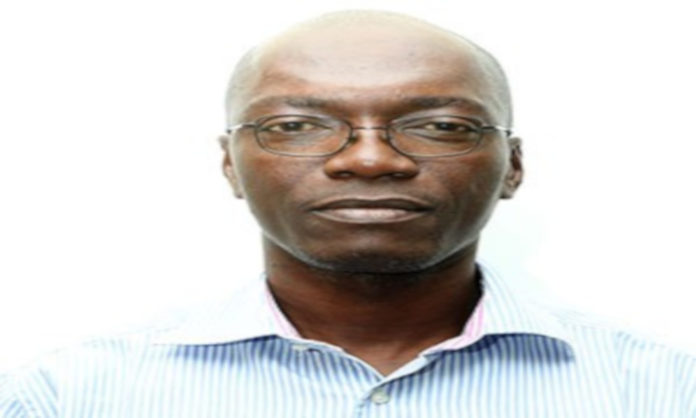By Nelson Manneh
Essa Sowe the Deputy Secretary-General of the Gambia Teachers Union has called on the government of The Gambia to create an Education Subsidy to enable the private schools t pay their teachers.
“Given that over 50% of our schools are Private Owned and apparently running out of business, Government must create an Education Subsidy to enable the private schools to pay their teachers most of whom have been seriously affected,” he said.
Mr. Sowe made these statements on Saturday 3rd of October 2020 as GTU observed World Teachers’ Day.
He said that the Gambia Teachers Union is deeply disturbed with the seeming inaction on the side of Central Government for failing to show any sign of seriousness to provide funding for Education.
He said: “We are aware of the series of interventions in terms of subsidies and stimulus packages by Government which are good initiatives; however, what is disturbing is the fact that Education has never been part of Government’s Priority during COVID-19.”
Sowe said what is looming in the distance, is a potential academic crisis
And they want the President and the National Assembly to instruct/direct the Ministry of Finance to provide the necessary funds for Education to avert the crisis in Education.
“In terms of ‘Leading in Crisis’, the Deputy Secretary-General of The Gambia Teachers Union said after the proclamation for the closure of schools, we participated in the development of the conceptual framework of the Emergency Response Strategy,” he said.
Ultimately, he said the Framework for the GPE Accelerated Fund was developed and the country was subsequently awarded $3.5M.
“We participated at the Face-2-Face meeting between the Ministry of Basic & Secondary Education and the National Assembly Select Committee for Education & ICT to present the Education Emergency Response Strategy,” he said.
He said they provided 500 solar-powered radio handsets to underprivileged students in Grade 9 (then) in perceived hard-to-reach areas and also supported some regional and national WhatsApp/Online Platforms with token amounts to facilitate the purchase of bytes.
“We held series of community radio sensitization programs to urge our members, students and parents to adhere to the WHO Precautionary Guidelines.
We also conducted a survey to assess the level of preparedness of the UBS,” he said.
Mr. Sowe said on The Gambia Safe School Framework, they will be looking at what needs to be done prior to reopening, what happens when schools just reopen and building systems for resilience.
On Safe Learning Spaces and Facilities, Sowe said all learning spaces should attain the minimum standards of hygiene and sanitation.
“This will require cleaning and disinfecting classrooms, toilets and water points before reopening of schools, Regular provision of WASH supplies; and psychosocial support for children especially those infected or affected directly by COVID-19,” he said.
Mr. Sowe said reopening schools means the resumption of classroom-based learning, that catch-up learning programmes should be implemented supported with printed learning materials.
“Teachers should be trained and mobilized to support, vigorous use of technology-based delivery of curriculum should be pursued, and special focus on vulnerable groups in the catch-up learning programme required,” he said.
On the way forward, he said all the necessary tools are available in terms of strategies and plans, ‘what we need is Government’s commitment to ensure that schools are safely opened’.




















